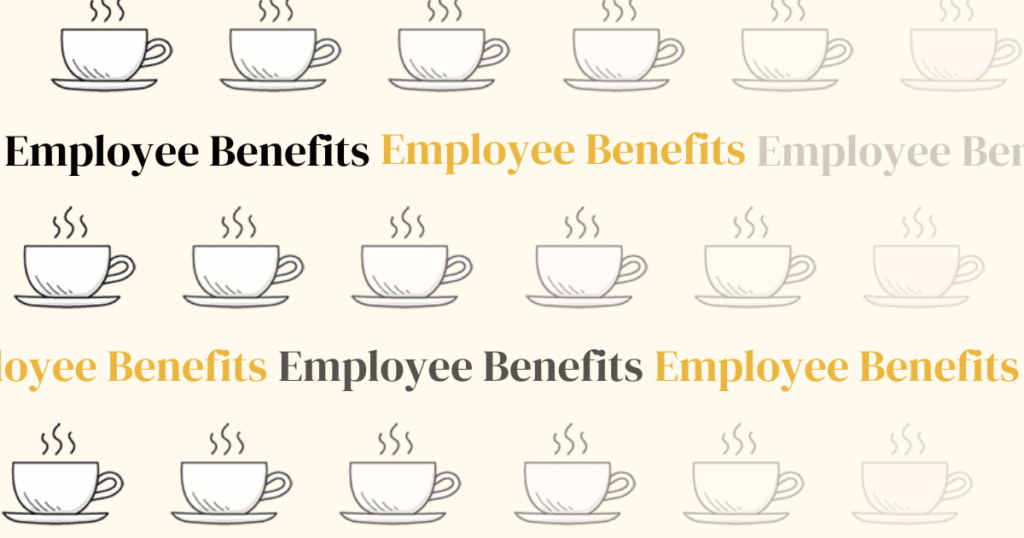3 Common Employee Benefits Offered in the US
For international recruiters looking to expand their operations to the US, understanding the intricacies of employee benefits in the states may feel complicated. Employee benefits are a critical part of any employment package and can be a key factor in attracting and retaining top talent. The packages of benefits offered by employers in the US vary, depending on a variety of factors such as company size, location and financial situation.
Common employee benefits offered in the US
1. Health benefits
Unlike many other countries, the US does not have a universal healthcare system. Many Americans receive healthcare coverage through private health insurance plans offered by their employer, while others may purchase individual health insurance plans or rely on government-funded programs such as Medicare and Medicaid.
In the US, employers are not required by federal law to offer health insurance to their employees. However, under the Affordable Care Act (ACA), US employers with 50 or more full-time employees must offer health insurance that meets certain standards to avoid penalties. Employers with fewer than 50 full-time employees may still choose to offer health insurance to appeal to top talent. In addition, some states may have their own laws and regulations around employer-provided health insurance.
Health benefit plans vary from employer to employer. Some common healthcare plans in the US are health maintenance organizations (HMOs), preferred provider organizations (PPOs), and exclusive provider organizations (EPOs).
2. Retirement plans
Many US companies offer some form of retirement plan, such as a 401(k) plan, for their employees. US employers are not required by law to offer retirement plans. Employers who offer retirement plans may have a better chance of retaining talent because many US employees view a 401(k) plan as a valuable tool to save and plan for their financial future.
US employees can contribute a portion of their pre-tax income to their 401(k) account, which is then invested in a variety of funds or other investment options. Employers may also offer matching contributions up to a certain percentage of an employee’s salary, which can help to boost retirement savings. One of the advantages of a 401(k) is that contributions are made on a pre-tax basis, which can help to lower an employee’s taxable income.
3. Paid time off (PTO)
Paid time off (PTO) is a type of employee benefit that allows US employees to take time off from work while still being paid. In the US, there is no legal requirement for employers to offer PTO, but many employers do so to attract talent, encourage a positive work-life balance for their employees, and increase company morale.
PTO typically includes vacation time, sick time, and personal days. The amount of PTO offered by US employers can vary significantly, with some companies offering as little as two weeks per year, while others offer an unlimited PTO policy.
Disclaimer: This post is provided for informational purposes and should not be considered legal advice, the final word on this topic or a political opinion.



